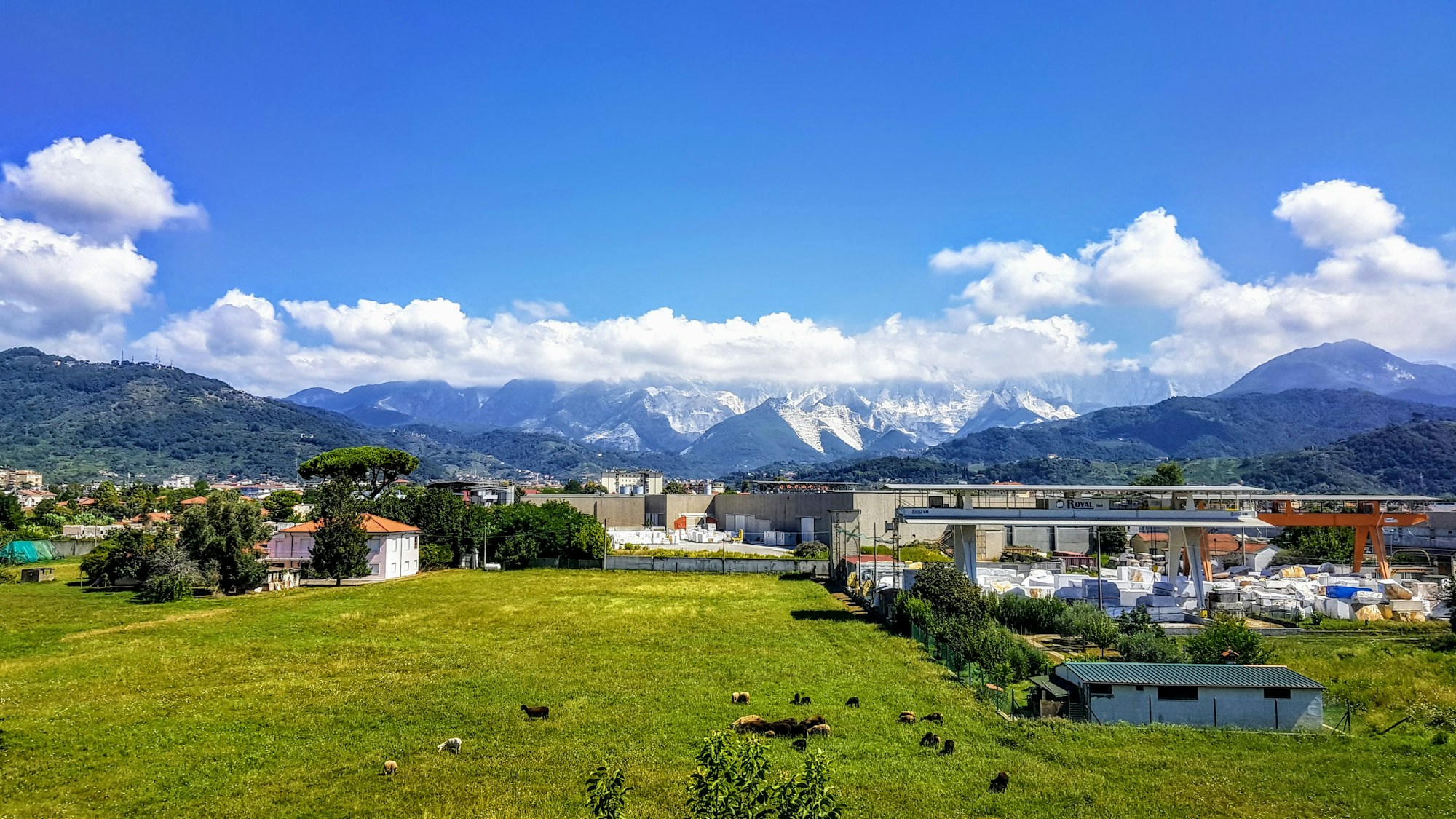Carrara Culture and Traditions: Local History and Celebrations Guide

A Brief History of Carrara
Carrara is a city located in Tuscany, Italy. It's best known for the pure, white marble that comes from its quarries. The extraction and production of the marble, also known as Carrara Marble, has been integral to the city's development since the Roman Empire's time. Buildings and sculptures all over the world, including the Pantheon in Rome and London's Marble Arch, are built from this luxuriant stone.
Local Culture
The city's culture is dominated by its marble heritage. For centuries, the local artisans, called 'scalpellini,' have been transforming raw marble into architectural and artistic works. Many of these craftspeople work in the area's local workshops and studios, where you can experience age-old techniques and buy hand-crafted souvenirs. Furthermore, the city is home to the Carrara Academy of Fine Arts, which attracts artists from around the world who are eager to study sculpture in a city that is synonymous with marble.
Major Celebrations
Carrara hosts several unique events throughout the year. Most of these traditions are connected to the city's marble heritage:
- The Marble Weeks: Every summer, the city comes alive with concerts, exhibitions, and workshop tours for the Marble Weeks. This festival is an ode to the marble for which the city is renowned.
- Biennale Internazionale di Scultura di Carrara: Alternately, every two years, there is an international sculpture exhibition, where artists from all over the world come to display their work.
- San Martino Fair: every November 11th, the city organizes a traditional fair dedicated to San Martino, patron saint of the city, with typical food, local products and various entertainment.
Visiting Carrara
In terms of tourism, Carrara is widely recognized for its marble quarries. Many companies offer guided tours that allow you to learn about the mining process, visit the quarries, and view marble in its most unrefined form. When you're not mesmerized by its gleaming marble, Carrara offers quaint alleys for an afternoon stroll and local dishes to tempt your taste buds, such as lardo di Colonnata, a creamy cured pork fat from the nearby village Colonnata.
Local Food
In Carrara, figs and chestnuts are used in both sweet and savoury dishes. As for the city's bread, it's traditionally unsalted – a legacy of the city's history when salt taxes saw the locals refusing to buy salt. Furthermore, Tuscany has a rich culinary scene that ranges from hearty comfort food, like Ribollita and Pappa al Pomodoro, to world celebrated wines, such as Chianti and Brunello di Montalcino.
Getting There and Around
Despite being a quaint city, Carrara is very well connected. Galileo Galilei in Pisa, which is an hour away by car, is the closest airport. Trains link Carrara with important destinations like Florence and Pisa. For local travel, the city's historic centre is best explored on foot. However, if you're venturing into the surrounding countryside or planning a quarry tour, hiring a car is recommended.
